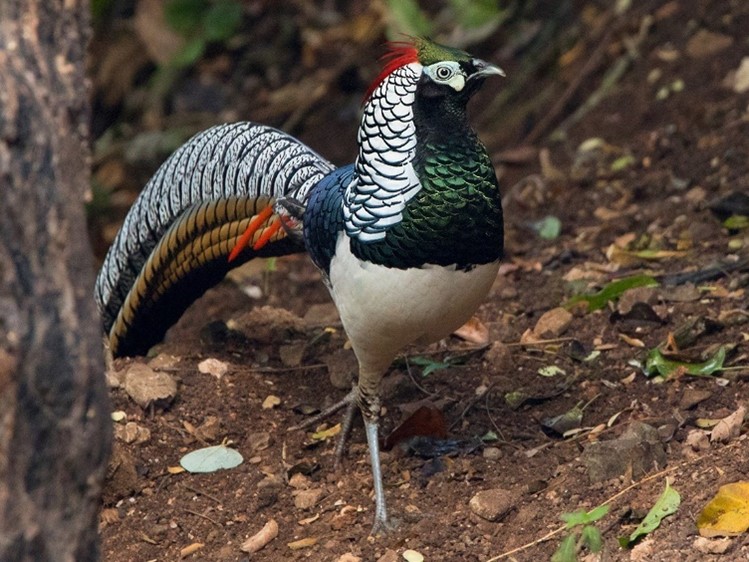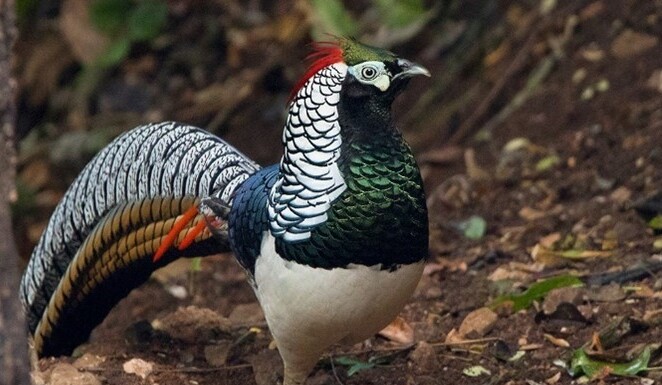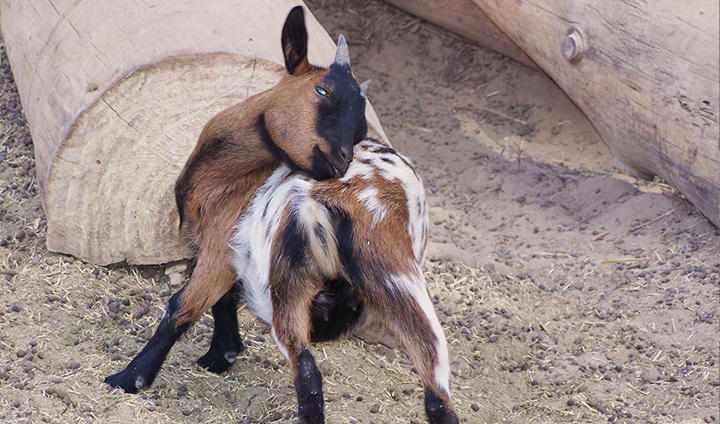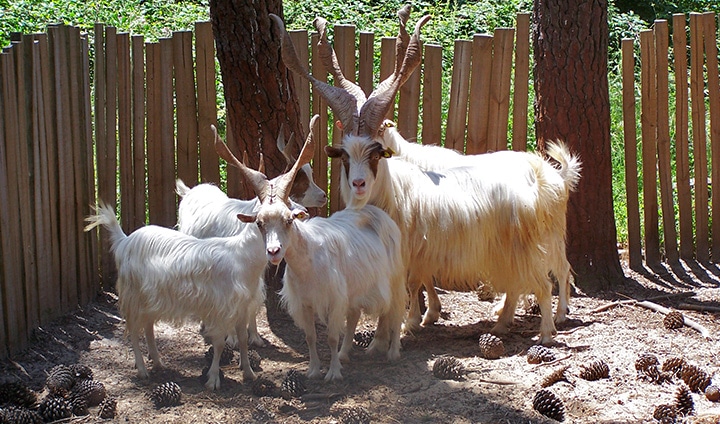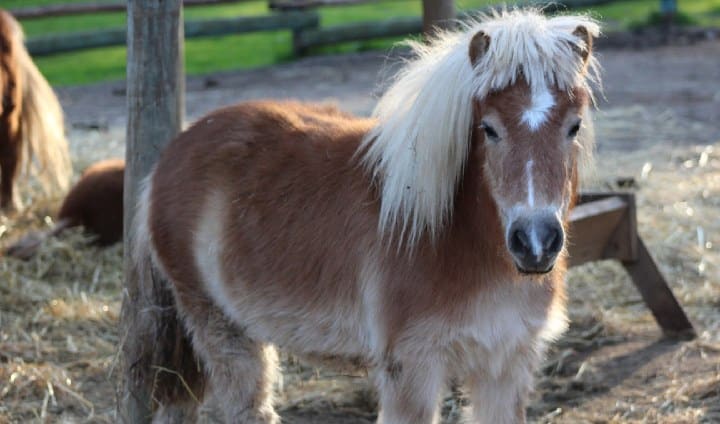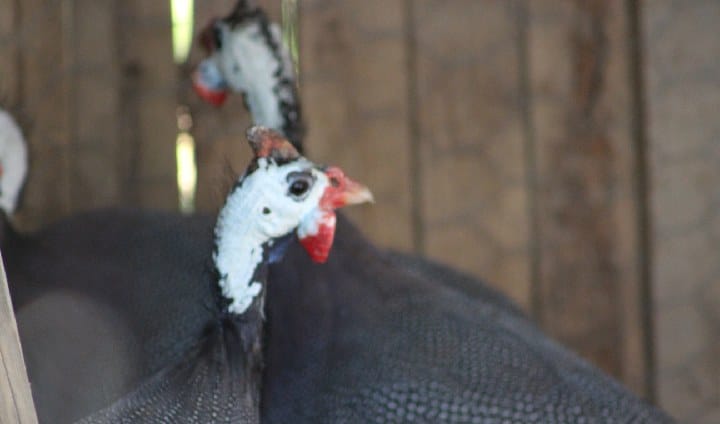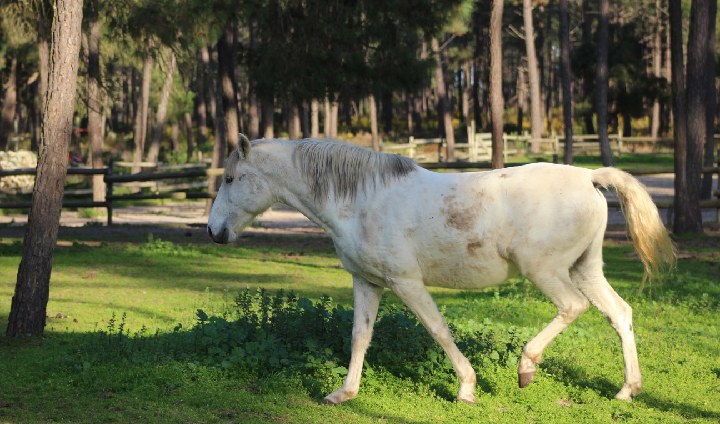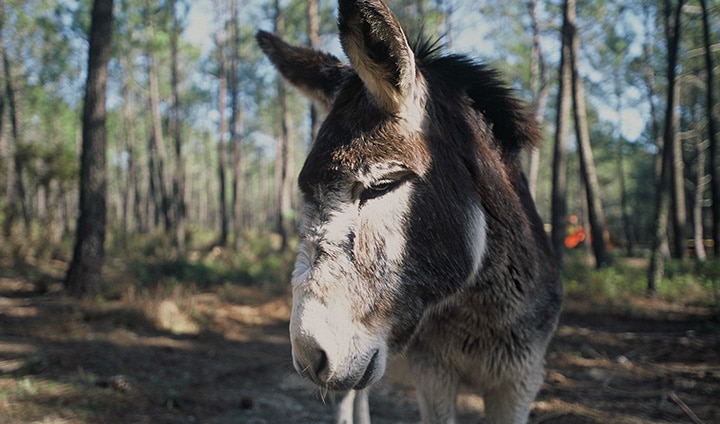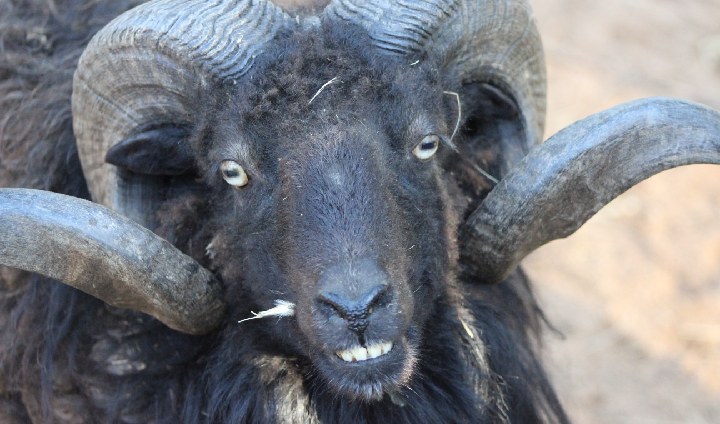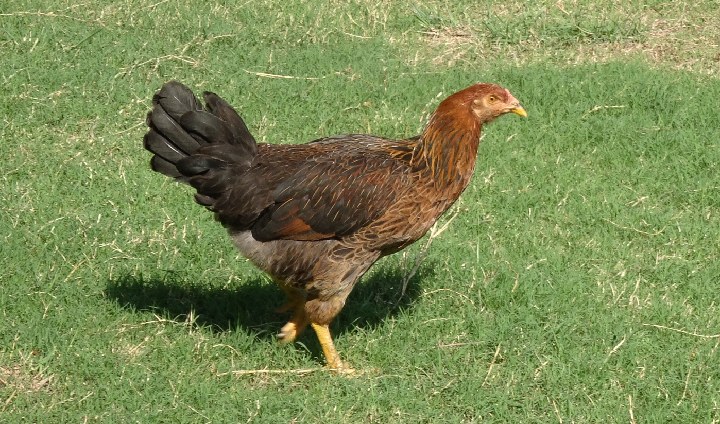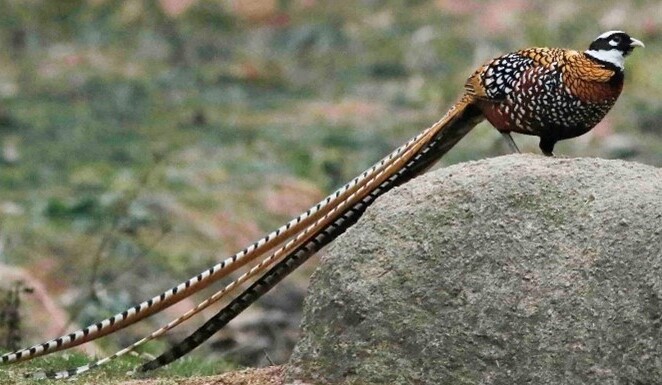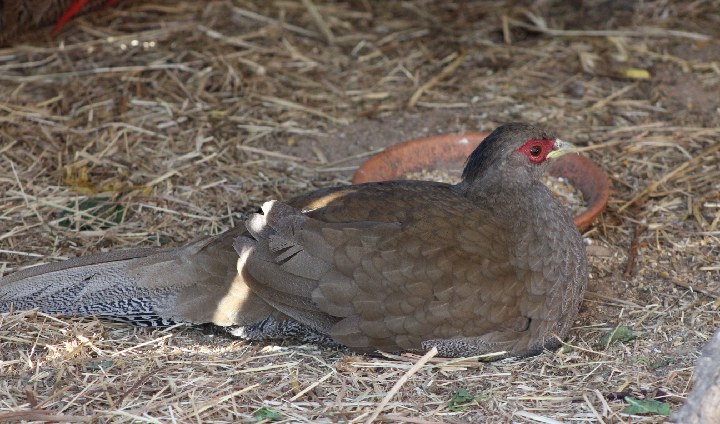Diet: They feed on grains, foliage, and invertebrates.
Reproduction: Sexual maturity of this species occurs between its first and second year of life, with the female being able to lay around 20 to 35 eggs per year. Incubation generally lasts between 23 to 26 days.
Distribution and Habitat: This species is native to southern China, but, like all pheasant species, it was quickly taken to all corners of the planet.
Behavior: Despite being birds, this species of pheasant prefers to run rather than fly. It was Sarah Amherst, or “Lady Amherst” who introduced the bird to England to decorate her properties, where they were also bred for hunting.
Conservation Status: Least Concern
Scientific name: Chrysolophus amherstiae
Class: Aves
Order: Galliformes
Family: Phasianidae
Dimensions: 1 m – 1.2 m long
Weight: 2 kg – 3 kg
Longevity: 12 years in the wild and 20 years in captivity


